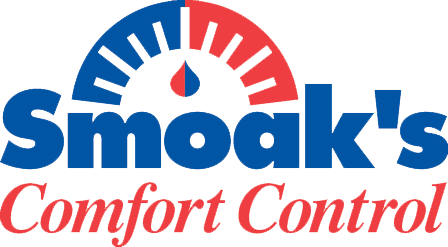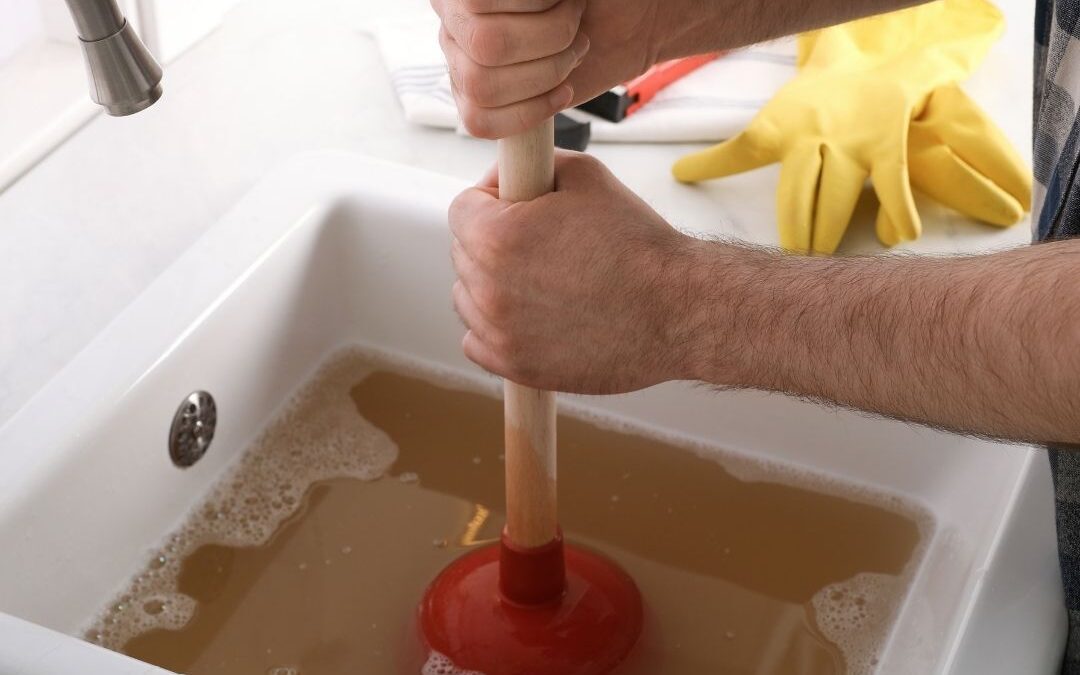Nothing disrupts the flow of daily life quite like a clogged drain. Whether it’s a slow drain in the bathroom sink or a backed-up kitchen sink, dealing with drain clogs is a common challenge for homeowners. This article will explore the five most common causes of drain clogs in homes, shedding light on why and how to prevent them. By understanding the root causes, you’ll be better equipped to maintain free-flowing drains and keep your plumbing in top condition.
1. Hair Buildup
One of the primary culprits behind bathroom drain clogs is hair buildup. Over time, hair strands can accumulate in shower and bathtub drains, combining with soap scum and other debris to create stubborn clogs. The mesh or stopper designed to catch hair may not capture all of it, allowing some to slip through and contribute to blockages deeper within the pipes.
Prevention and Solutions:
• Install a drain strainer or mesh screen to catch hair before it enters the drain.
• Regularly clean and remove hair from drain stoppers.
• Consider using a hair-catching product or tool to prevent hair buildup in drains.
2. Grease and Food Debris
In the kitchen, grease, fats, and food debris are notorious for causing drain clogs. When cooking oils are poured down the drain or food particles are rinsed off dishes, they can accumulate in the pipes. Over time, these substances solidify, creating a sticky residue that traps other debris and leads to slow or blocked drains.
Prevention and Solutions:
• Avoid pouring cooking oils or grease down the drain. Collect them in a container and dispose of them in a trash can.
• Dispose of food scraps from dishes into the trash before washing.
• Run hot water down the drain periodically to help prevent grease buildup.
3. Soap Scum and Mineral Deposits
While soap is essential for personal hygiene, the residue it leaves behind can contribute to drain clogs. Soap scum, combined with minerals in hard water, can create a tough, sticky substance that coats the inside of pipes. Over time, buildup can restrict water flow and lead to drainage issues.
Prevention and Solutions:
• Use soap-free cleansers or products with low soap content.
• Install a water softener to reduce mineral deposits in hard water.
• Regularly clean bathroom drains with a mixture of vinegar and baking soda to break down soap scum.
4. Foreign Objects
While soap is essential for personal hygiene, the residue it leaves behind can contribute to drain clogs. Soap scum, combined with minerals in hard water, can create a tough, sticky substance that coats the inside of pipes. Over time, buildup can restrict water flow and lead to drainage issues.
Prevention and Solutions:
• Use soap-free cleansers or products with low soap content.
• Install a water softener to reduce mineral deposits in hard water.
• Regularly clean bathroom drains with a mixture of vinegar and baking soda to break down soap scum.
5. Tree Roots Intrusion
Outdoor drain clogs, particularly in sewer lines, can be caused by tree roots seeking water sources. Over time, tree roots can infiltrate pipes through small cracks or joints, leading to blockages and even pipe damage. These are more common in older homes with cast-iron pipes.
Prevention and Solutions:
• Plant trees away from sewer lines to minimize root intrusion.
• Regularly inspect and maintain your sewer lines, especially if you have trees near your property.
• Consider using root barriers or chemical treatments to deter root growth toward pipes.
Dealing with drain clogs is an inevitable part of homeownership but understanding the common causes can empower you to take preventive measures and address issues promptly when they arise. Regular maintenance, such as using drain guards, adopting proper disposal habits, and periodic cleaning, can go a long way in keeping your drains clear and preventing blockages. If you face persistent or severe drain clogs, don’t hesitate to seek the expertise of professional plumbers. With a proactive approach and care, you can keep the water flowing smoothly through your home’s plumbing and avoid the inconvenience of clogged drains.
To schedule an appointment with one of our experienced plumbers, contact us today at (843) 556-9550 or request an appointment online.

